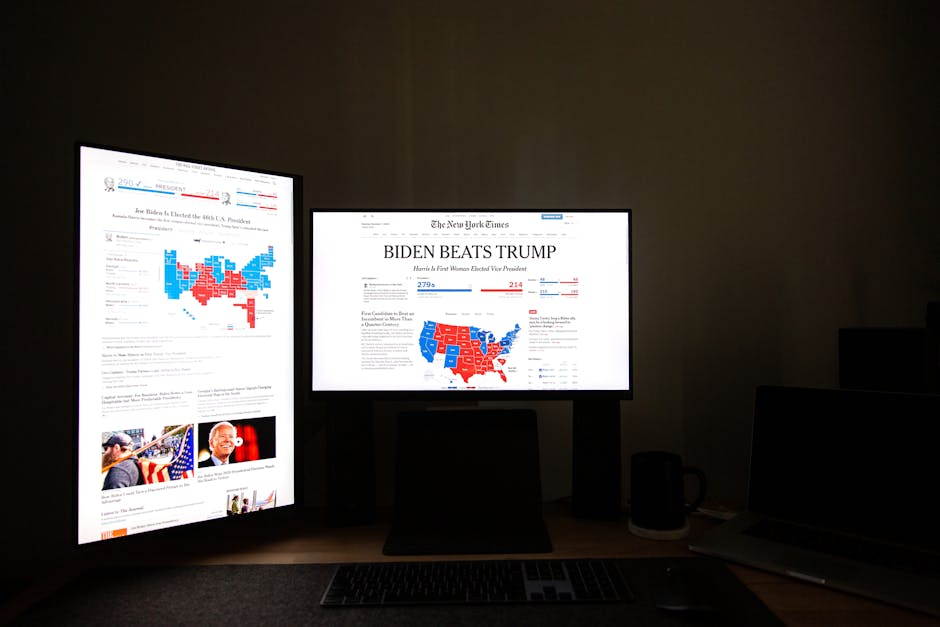Israeli Foreign Minister Eli Cohen‘s recent visit to New Delhi was a powerful reaffirmation of a relationship that has become one of India’s most critical strategic assets. Cohen’s core message resonated deeply with India’s own security calculus: the partnership between the two democracies is flourishing, built on a shared vision and a shared struggle against the menace of terrorism.
Shared Threats: The Bedrock of the Partnership
“There are two things that we are building our strategic partnership on. First is that we share the same values… Second is that we share the same threats,” Cohen stated, cutting to the heart of the India-Israel bond. For both nations, this threat is a lived reality. India’s decades-long battle with cross-border terrorism, epitomized by the horrific 26/11 Mumbai attacks where Israeli citizens were also targeted at the Chabad House, creates a deep understanding of Israel’s constant security challenges. This shared vulnerability has fostered a robust counter-terrorism and intelligence-sharing mechanism that remains a cornerstone of the relationship.
Beyond Security: The Rise of the I2U2 Alliance
As Mr. Cohen’s visit underscored, the partnership has evolved spectacularly beyond its initial security-centric framework. The dialogue today is as much about technology and water security as it is about defense. The emergence of the “I2U2” grouping—a strategic quad comprising India, Israel, the UAE, and the USA—is a testament to this evolution. This new coalition aims to leverage Israeli tech, Indian manufacturing, Emirati capital, and American influence to tackle global challenges like food security, water scarcity, and clean energy. It repositions the India-Israel relationship from a bilateral axis to a pivotal node in a new regional architecture.
From Buyer to Partner: Defense Co-Production and ‘Make in India’
Defense remains a vital pillar, but the narrative has shifted from a simple buyer-seller dynamic to one of co-development and co-production. This aligns perfectly with Prime Minister Narendra Modi’s “Aatmanirbhar Bharat” (Self-Reliant India) and “Make in India” initiatives. Israeli firms are increasingly partnering with Indian companies to build their cutting-edge drones, missile systems, and surveillance technology on Indian soil. This synergy not only bolsters India’s defense capabilities but also fosters a domestic defense-industrial ecosystem, a win-win for both sides.
Making the Desert Bloom: Agri-Tech and Water Management
Perhaps the most transformative impact of this partnership is felt far from the battlefield—in the farmlands of rural India. Israel, a nation that famously “made the desert bloom,” is a world leader in agri-tech. Through dozens of Indo-Israeli Centres of Excellence across the country, Israeli expertise in drip irrigation and precision agriculture is helping millions of Indian farmers increase crop yields while conserving precious water resources. This collaboration is a powerful example of how the strategic partnership delivers tangible benefits to the common citizen.
A Comprehensive Partnership for the 21st Century
Ultimately, Foreign Minister Cohen’s visit was a clear signal that the Indo-Israeli relationship has come of age. It is a comprehensive partnership, grounded in shared democratic values and the grim reality of common threats, but its gaze is fixed firmly on shared opportunities. From cybersecurity and startups to space exploration and sustainable development, the two nations are forging a bond that is indispensable for navigating the complex challenges of the 21st century.




